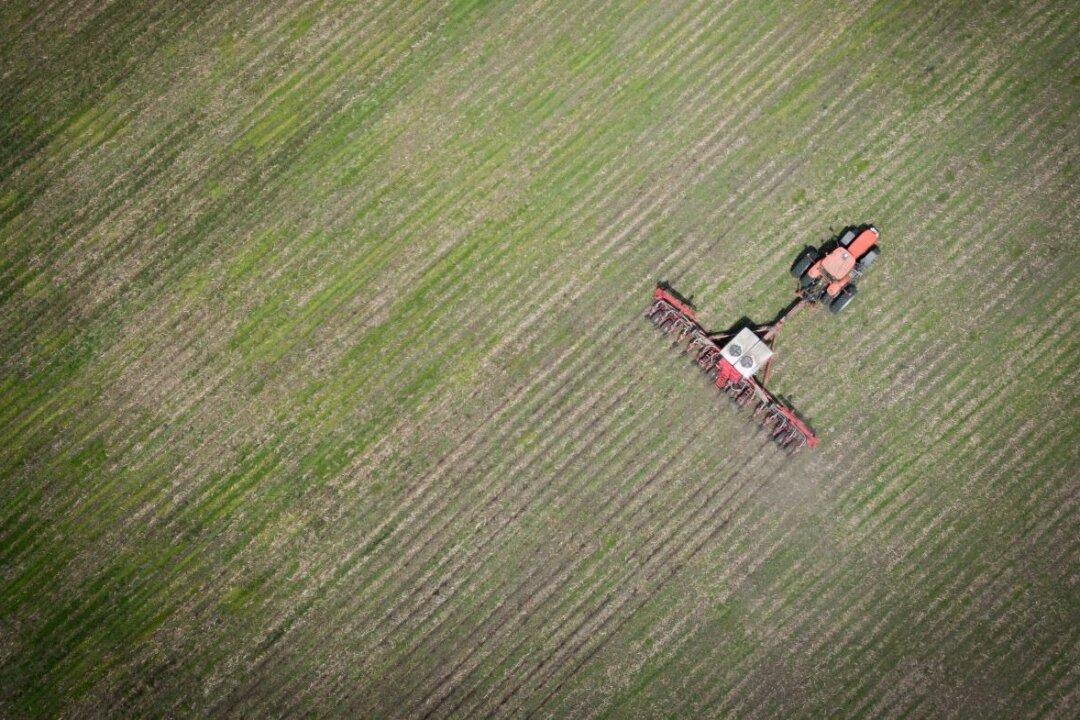An Iowa Judge recently ruled in a Clay County case that a state law regarding access to private property for land surveys is unconstitutional. Another judge in a similar Hardin County case determined on May 10 that the same law is constitutional.
Brian Jorde, managing lawyer at Domina Law Group in Omaha, Nebraska, who represents individuals in both cases, told The Epoch Times that he believes constitutionality will ultimately be determined by the Iowa Supreme Court.





